Strategies
Strategies used by courts and litigants around the world in rights-based climate litigation

Affirming country / corporate responsibility for their ‘fair share’ of emission reductions, regardless of the actions of other countries or corporations.
Petitioners and / or the court argues that countries / corporations are responsible for a certain amount of greenhouse gas emissions that are consistent with a given metric of fairness, regardless of what other countries or corporations do.
View Cases

Applying a developed body of law in the context of climate change
The petitioners and / or the court takes a long-developed body of law - like, for example, tort law - and applies it to the issues raised by climate change.
View Cases
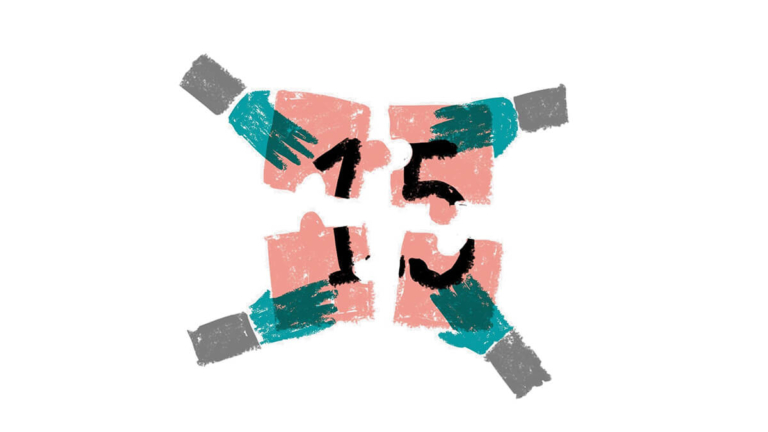
Articulating an obligation to cooperate internationally
The petition and / or the court decision provides that countries have a duty to cooperate with each other on climate change at the international level.
View Cases

Bringing the case in a more favorable venue / jurisdiction.
The petitioners bring the case to a court or reviewing body that is more likely to be receptive to their claims.
View Cases
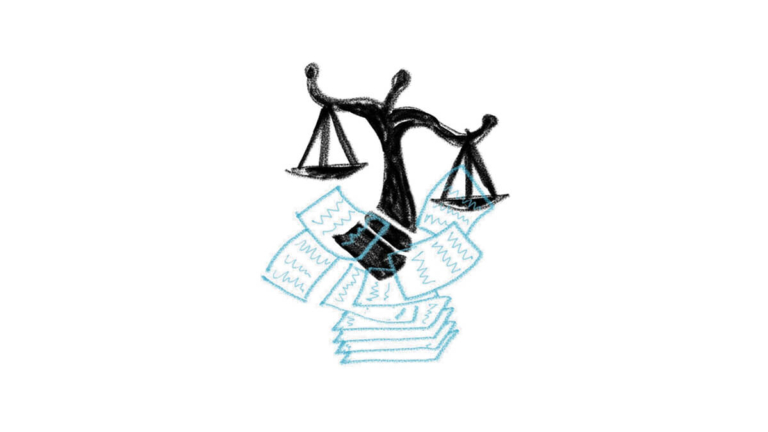
Centering rights
Constitutional, statutory, and / or human rights are important features of the case.
View Cases
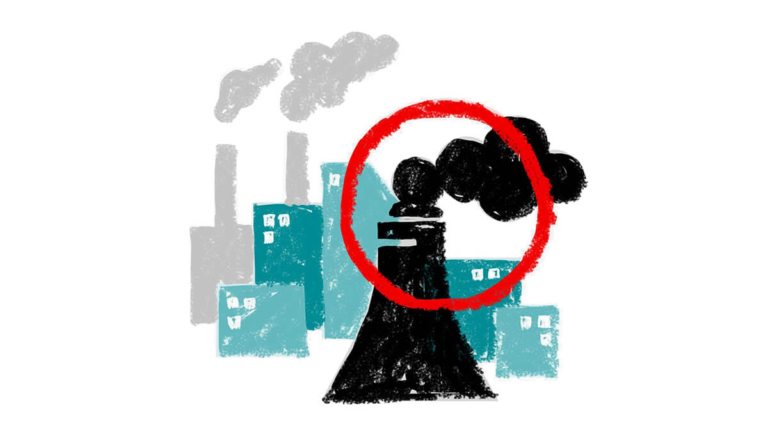
Challenging a fossil fuel project
The case targets a fossil fuel project like a coal mine or an oil pipeline.
View Cases

Emphasizing the urgency of taking climate action now, given the compounding and permanent effects of climate change as time progresses
The petitioners and / or the court emphasize the fact that the window of time left to prevent the catastrophic effects of too much warming is closing, especially since carbon dioxide - once emitted - remains in the atmosphere for centuries. In other words, CO2 emissions are permanent over human timescales, which underscores how climate action is urgently needed to avoid locking in dangerous levels of global warming.
View Cases

Focusing on youth and future generations
Younger and future generations play an essential role in the case, including as petitioners and by making youth-oriented claims and arguments.
View Cases
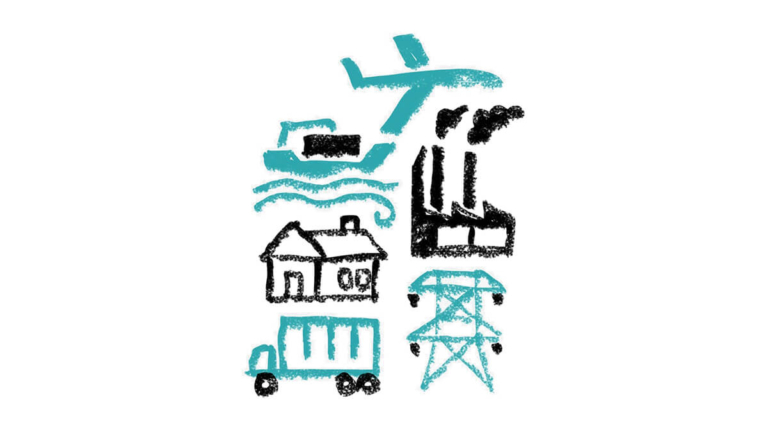
Providing an inclusive definition of the greenhouse gas emissions for which countries / corporations are responsible
Providing a wide definition of the greenhouse gas emissions that can be attributed to a country / corporation in order to prevent that country or corporation from avoiding responsibility for emissions.
View Cases
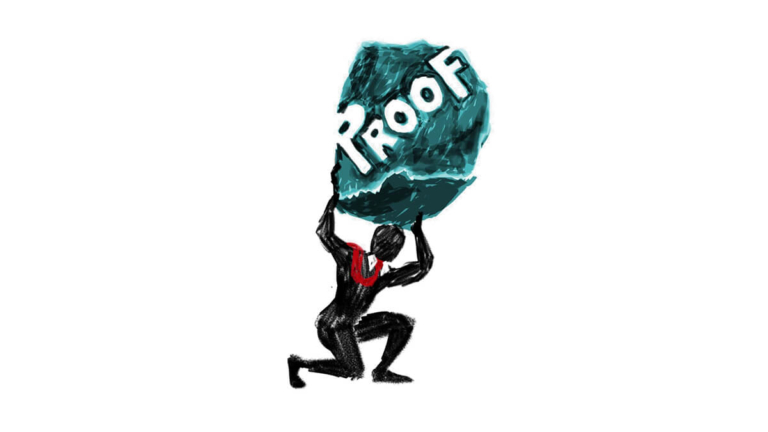
Shifting the presumption of proving the adequacy of the countries’ / corporations' climate actions to the respondent countries / corporations
Petitioners and / or the court argue that the country / corporation should be responsible for justifying its climate actions in the first instance - the petitioners shouldn't, in the first instance, be required to prove why the country's / corporation's actions on climate change are inadequate.
View Cases

Tying countries' / corporations' climate and human rights obligations to international climate and environmental law, including, for example, the temperature target established by the Paris Agreement
Countries / corporations obligations on climate change and human rights are informed by international environmental and climate law, particularly the Paris Agreement.
View Cases


Using human rights as interpretative guidance when corporations don't have direct positive human rights obligations
Petitioners and / or the court argue that human rights can guide interpretations of requirements with which corporations must comply, even when corporations don't have direct positive human rights obligations.
View Cases

Utilizing a variety of legal arguments to increase the likelihood that one such argument will succeed in front of the court
The petition includes a variety of claims from different bodies of law - ranging, for example, from administrative law to environmental law to tort law to human rights law - in order to increase the chance that the reviewing court will react positively to at least one of the arguments.
View Cases
